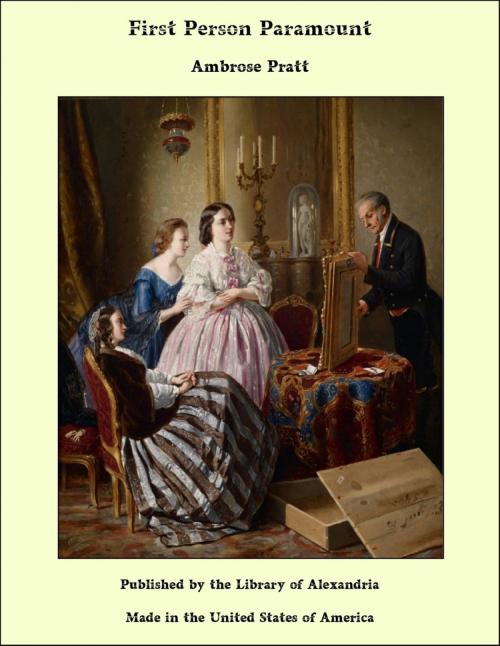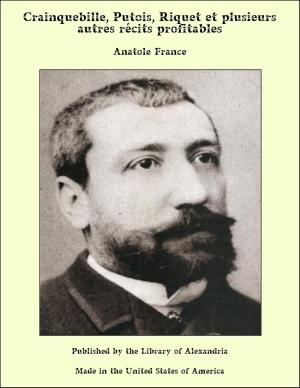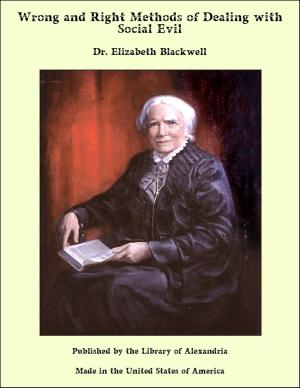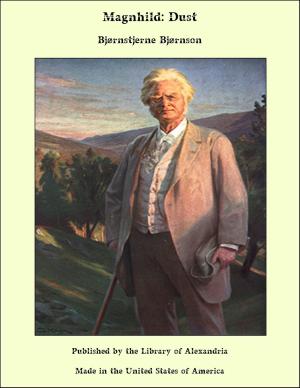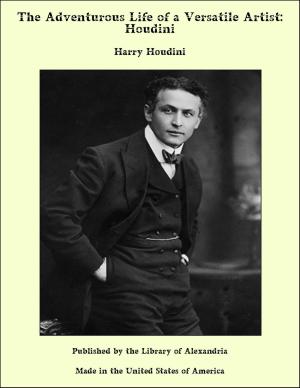| Author: | Ambrose Pratt | ISBN: | 9781465625762 |
| Publisher: | Library of Alexandria | Publication: | March 8, 2015 |
| Imprint: | Language: | English |
| Author: | Ambrose Pratt |
| ISBN: | 9781465625762 |
| Publisher: | Library of Alexandria |
| Publication: | March 8, 2015 |
| Imprint: | |
| Language: | English |
My name is Agar Hume. My mother died when I was two years old. My father was the first violin in a second-rate music hall orchestra at Birmingham. He had once been a gentleman. He taught me French and how to play the flute. Between whiles he treated me like a dog. He wished me to become a member of his orchestra. My tastes, however, inclined to the stage. From early childhood I had possessed an almost perfect talent for mimicry. When I was nineteen years old, there was not an artist I had ever seen whom I could not represent to the life. One morning, about that time, in a fit of drunken rage my father gave me a terrible beating. I was then somewhat undersized—the result of irregular meals and bad food. I could neither retaliate nor defend myself. That night, as soon as my father had set off for the theatre, I ran away from home. I walked to Liverpool, and easily obtained employment at a music hall, where for three years I nightly imitated every actor and person of note whom the Liverpudlians wished to see. They grew tired of me at last and ceased to applaud my turn. I was promptly discharged by the management. Not caring to return to Birmingham, as my father had never forgiven me for deserting him, I made my way to London. I had saved a little money, and I thought that before it was spent I should procure a new engagement. The London market, however, was simply glutted with mimics, and before three months had passed I was penniless and still without a place. I haunted the theatres and employment agencies to no purpose. I was obliged to pawn my wardrobe, and at last a day came when I stood in the Strand owning nothing in the world but the suit of decent black I wore and my make-up box, which I carried in my hand because I had been turned out of my lodging-house that morning. I had not tasted food for four-and-twenty hours. I mentioned the latter fact ten minutes later to the manager of the next employment agency I visited. He had seen me so often that he knew me well, and he sympathized with my misfortune.
My name is Agar Hume. My mother died when I was two years old. My father was the first violin in a second-rate music hall orchestra at Birmingham. He had once been a gentleman. He taught me French and how to play the flute. Between whiles he treated me like a dog. He wished me to become a member of his orchestra. My tastes, however, inclined to the stage. From early childhood I had possessed an almost perfect talent for mimicry. When I was nineteen years old, there was not an artist I had ever seen whom I could not represent to the life. One morning, about that time, in a fit of drunken rage my father gave me a terrible beating. I was then somewhat undersized—the result of irregular meals and bad food. I could neither retaliate nor defend myself. That night, as soon as my father had set off for the theatre, I ran away from home. I walked to Liverpool, and easily obtained employment at a music hall, where for three years I nightly imitated every actor and person of note whom the Liverpudlians wished to see. They grew tired of me at last and ceased to applaud my turn. I was promptly discharged by the management. Not caring to return to Birmingham, as my father had never forgiven me for deserting him, I made my way to London. I had saved a little money, and I thought that before it was spent I should procure a new engagement. The London market, however, was simply glutted with mimics, and before three months had passed I was penniless and still without a place. I haunted the theatres and employment agencies to no purpose. I was obliged to pawn my wardrobe, and at last a day came when I stood in the Strand owning nothing in the world but the suit of decent black I wore and my make-up box, which I carried in my hand because I had been turned out of my lodging-house that morning. I had not tasted food for four-and-twenty hours. I mentioned the latter fact ten minutes later to the manager of the next employment agency I visited. He had seen me so often that he knew me well, and he sympathized with my misfortune.
